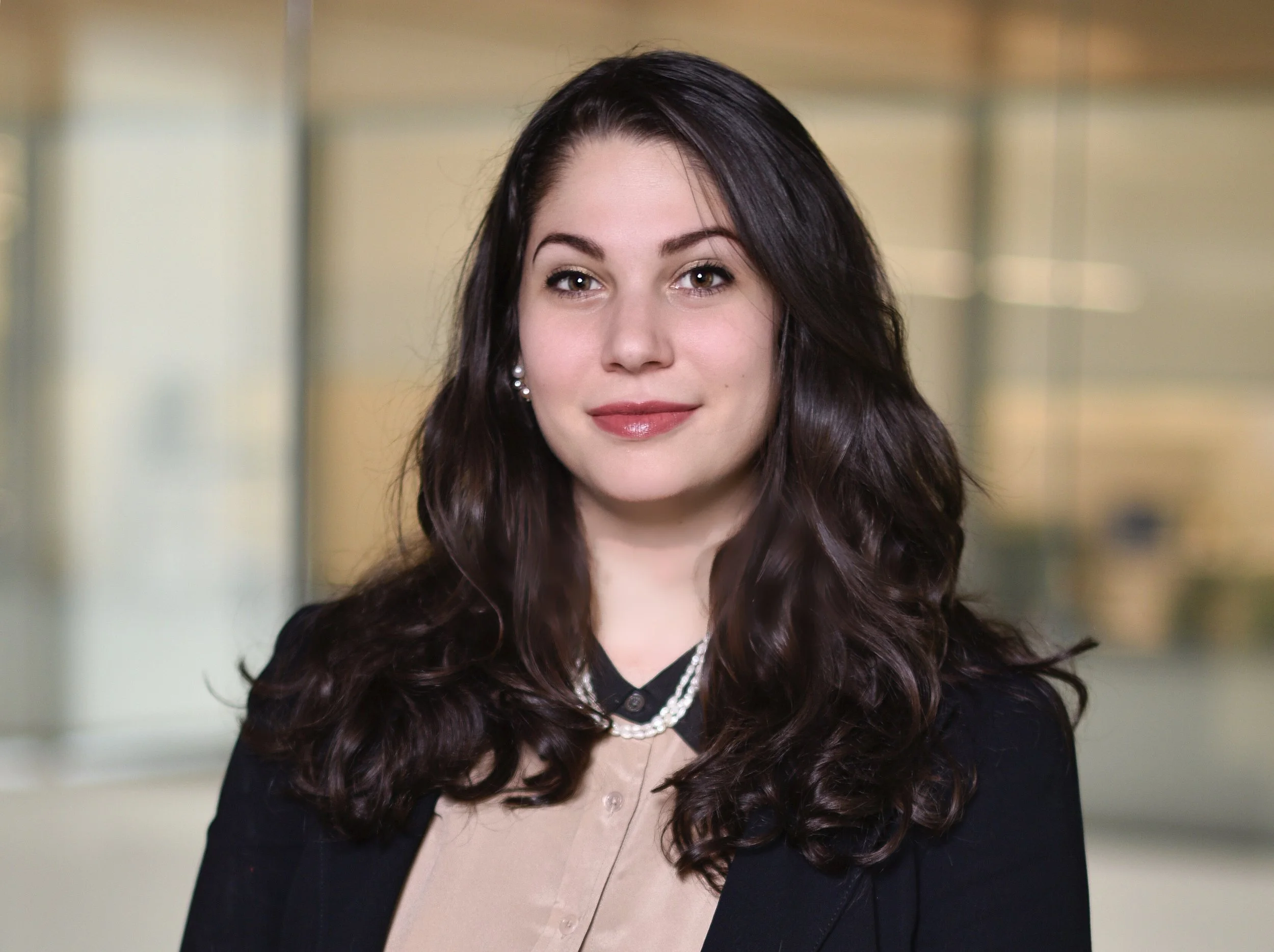Researchers Directory
There are many psychological and behavioral science researchers who study effective altruism and related ideas, these researchers are listed below in alphabetical order. If you are a dedicated effective altruist researcher and want to be listed, please contact us.
Some researchers lead labs dedicated to topics related to Effective Altruism Psychology, including: Falk Lieder’s Rational Altruism Lab at UCLA, Joshua Lewis and Lucius Caviola’s Global Risk Lab at NYU.
-

Abigail Novick Hoskin
PhD Student, Princeton Neuroscience Institute and Department of Psychology
Abigail studies cognitive neuroscience and psychology using a combination of computational, neuroimaging, and behavioral methods. She is interested in moral cognition, and has studied people's intuitions about population ethics and effective giving.
-

Adam Bear
Data Scientist, Harvard
Adam has conducted psychological research on the computational underpinnings of judgment and decision making. He has also taught a course on rationality and hopes to continue to explore ways to improve people’s everyday logical, statistical, and instrumental reasoning.
-

Alexander Saeri
BehaviourWorks Australia, Monash University
Applied behaviour change research on climate change, pandemics, prioritisation, charitable donations, institutional decision-making, and scale up of effective interventions to increase reach and impact.
-

Arvid Erlandsson
Associate Professor in Psychology, Linkoping University, Sweden
Arvid is a member of the multi-disciplinary JEDI-Lab. He studies the psychology of helping from various starting points: (1) Who? (individual differences in helping); (2) When? (situational or beneficiary-related factors that increase or decrease helping); (3) Why? (underlying psychological mechanisms that influence helping decisions); (4) Which one? (how people allocate resources in helping dilemmas) and (5) What will others think? (how people form impressions of different helpers). He is generally interested in experimental moral, social, and political psychology.
-

Bastian Jaeger
Assistant Professor at Tilburg University
Bastian studies the psychology of effective altruism, examining why people care about the welfare of some individuals but not others, why people are motivated to do good but not in an effective way, and how we can overcome these obstacles.
-

Ben Grodeck
PhD Candidate, Monash University, Department of Economics
Ben's research focuses on the motivations of altruistic behaviour (specifically charitable giving) and how both morality and psychological factors impact decision making, market efficiency, and longtermism. He also has an interest in Experimental Philosophy, specifically in the area of Population Ethics.
-

Ben Tappin
Postdoctoral Fellow, Massachusetts Institute of Technology/Royal Holloway, University of London
Ben studies the impact of arguments and evidence on beliefs and attitudes, with a focus on domains in which there are sometimes strong incentives to be biased (e.g., politics). He is also interested in large-scale experimentation and applied Bayesian statistics.
-

Brian Jabarian
Ph.D. candidate in economics at the Paris School of Economics
Brian is an experimental and behavioral economist, working on moral uncertainty and longtermism. He holds a Ph.D. in economics from PSE, with the first dissertation on « The Economics of Moral Uncertainty, » and a Ph.D. in philosophy from Sorbonne, with a dissertation on « Operationalizing Moral Uncertainty ». He has received research grants from Forethought Foundation to develop his research agenda, The Economics of Moral Uncertainty. He also founded EAecon, a community-building project funded by a major grant from CEA.
-

David Althaus
Researcher, Center on Long-Term Risk
David’s research interests include risks from malevolent actors, psychological predictors of alignment with effective altruism, and the psychology of attitudes towards artificial intelligence.
-
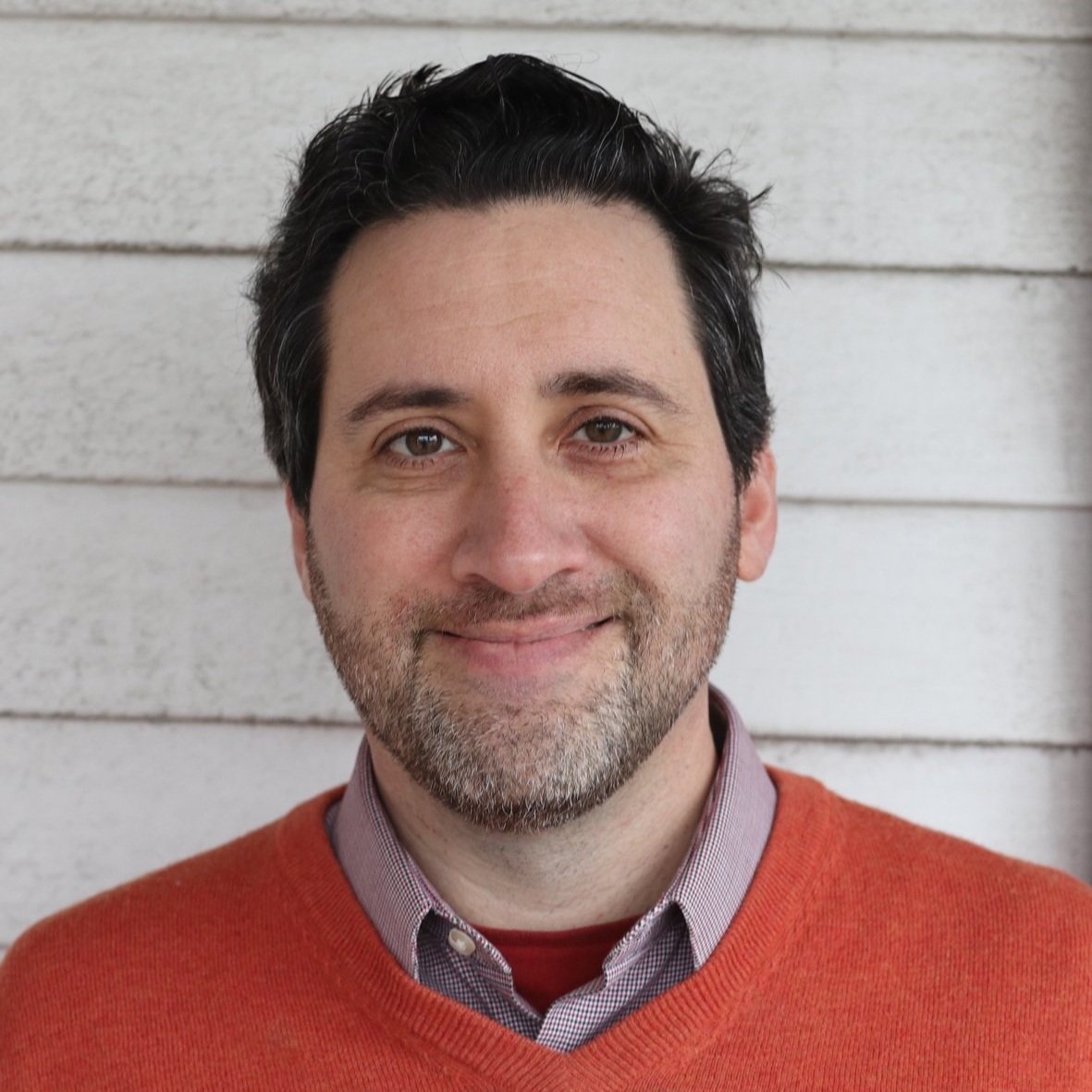
David Reinstein
Senior Economist, Rethink Priorities
David’s research considers the motivators of effective giving/altruism/action and its consequences and interactions with markets, as well as assessing the effectiveness of interventions. He seeks evidence from field experiments, marketing trials, surveys, and observational data, using robust and open statistical analysis and meta-analysis.
-

Emily Grundy
Research Officer, BehaviourWorks Australia, Monash University. Research Lead, Ready Research
Emily conducts applied behavioural science research on a range of topics including institutional decision-making, animal-product consumption, charitable donations, climate change, and prioritisation.
-

Erin Morrissey
Global Risk Lab Manager, NYU
Erin’s research interests include effective giving, specifically decision making of large donors, and the psychology of moral uncertainty. She has experience with diverse methods including Facebook marketing experiments and running large university surveys.
-

Falk Lieder
Research Group Leader @ MPI for Intelligent Systems (until June 2023) & Assistant Professor of Psychology @ UCLA (from July 2023)
Falk investigates how we can best motivate and enable people to embark on highly impactful altruistic projects and pursue them effectively. He also conducts quantitative cause prioritization research to elucidate how behavioral scientists can maximize their impact.
-

Geetanjali Basarkod
Research Fellow Institute for Positive Psychology and Education, Australian Catholic University
Geet’s research focuses on ethical and moral reasoning, decision making, well-being, and academic outcomes. She is particularly interested in examining these constructs in educational settings through meta-analyses, and building evidence-based interventions to improve these outcomes for students.
-

Geoff Goodwin
Professor, Department of Psychology, University of Pennsylvania
Geoff studies moral judgment and moral motivation. His relevant interests include the basis of people’s concern for future generations, their desire to morally improve themselves, and their prioritization of different human lives.
-

Gilad Feldman
Assistant Professor, University of Hong Kong psychology department
Research in the areas of social psychology and judgment and decision-making, focusing on topics of heuristics and biases, agency, action, morality, values, and altruism.
-

Ike Silver
Assistant Professor of Marketing, Kellogg School of Management, Northwestern University
Ike is interested in how public discussions of moral/political issues advance or impede causes society values. Much of his work investigates the tension between signaling our commitments to moral goodness and actually living out such commitments in practice.
-

Izzy Gainsburg
Postdoctoral Fellow, Harvard Kennedy School
Izzy is interested in finding ways to make people more receptive to core EA principles (e.g., cause neutrality, moral expansiveness, effective-mindedness). He is also interested in EA as a framework for guiding psychology researchers towards the most impactful questions and topics.
-

Janet Pauketat
Research Fellow, Sentience Institute
Janet studies intergroup relations and emotion, moral circle expansion, digital minds and AI safety, and wild and farmed animal welfare using social, moral, and cultural psychological lenses. She has a particular interest in more inclusive futures, the moral consideration of AI, emergent collective phenomena, and global socio-political phenomena like global citizenship.
-

Jo Cutler
Postdoc, University of Birmingham
Jo studies prosocial decisions and charitable giving using neuroimaging, computational modeling, and data from large international samples. Jo is interested in why people are prosocial, which situations make people more prosocial, and how prosocial decisions change across the lifespan.
-

Jon Bogard
Assistant Professor of Organizational Behavior, Washington University in St. Louis
Jon studies human judgment and decision making, with a particular interest in the psychology of risk, social inferences, and moral and political psychology.
-

Jonathan Baron
Professor of Psychology, University of Pennsylvania
Jonathan Baron (PhD, Michigan, 1970) studies moral judgment and cognitive style, particularly concerning how people think in their roles as citizens. He thinks that the big problems of the world are problems of government or the lack of it, so that political participation is a highly effective (and often inexpensive) form of altruism, despite the high probability of having no effect at all.
-

Josh Rottman
Assistant Professor of Psychology and Scientific & Philosophical Studies of Mind, Franklin & Marshall College
Josh’s research interests in moral development and the scope of moral regard stem from his desires to understand psychological biases that stand in the way of moral expansiveness, with an aim to illuminate possible paths forward for creating a more sustainable future with increased flourishing.
-
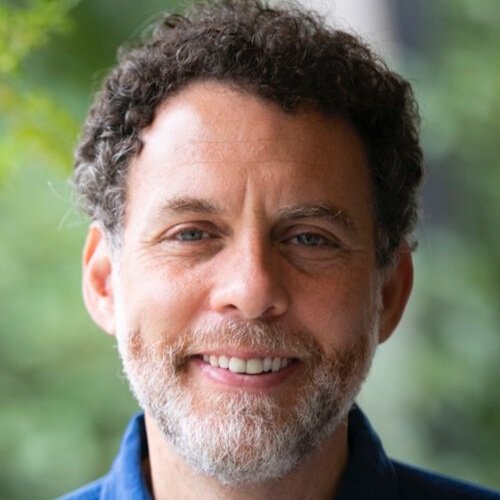
Joshua Greene
Professor of Psychology, Center for Brain Science Faculty, Harvard University
Josh studies moral judgment and decision-making, cooperation, conflict, and the infrastructure of complex thought. Current EA-related projects examine strategies for increasing effective giving and promoting cooperation across lines of political division.
-
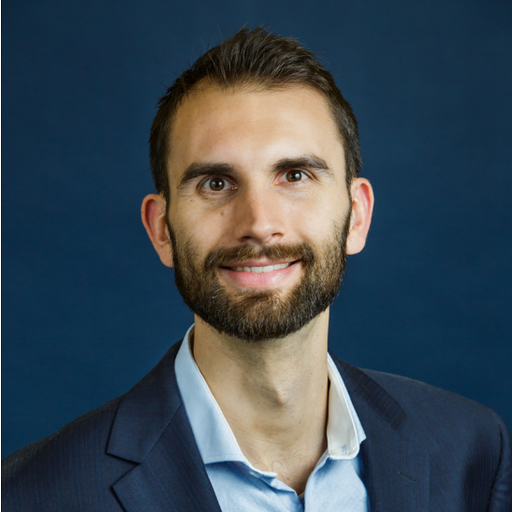
Joshua Lewis
Assistant Professor, NYU. Co-PI, Global Risk Lab
Joshua studies judgment and decision-making, with a particular interest in biases and reasoning errors that could lead to catastrophes or generally suboptimal policy decisions.
-

(Julia) Fabienne Sandkühler
PhD Student, University of Bonn
Fabienne’s current research is on how to increase happiness (SAD study) and intelligence (creatine study). Previously she worked on the psychology of EA (effective giving, animal welfare, longtermism). She gets excited about rationality, statistics, registered reports and any (especially, applied) research that seems high expected value.
-

Junior Okoroafor
Lab Manager, University of Kent / Experimental Psychology Graduate, University of Oxford
Junior leverages tools from the intersections of Psychology, Computer Science and, Philosophy in his investigation of morality and high-level cognition in humans and machines. He is currently researching human moral perceptions and trust towards AI.
-

Kyle Fiore Law
Social Psychology PhD Candidate, Moral Psychologist, University at Albany, SUNY
Kyle is a moral psychologist at the intersection of social-cognitive psychology and ethical philosophy trying to make the world a better place for living beings now and in the future. In particular, he studies the cognitive, affective, and moral architecture of exceptional altruism (e.g., Effective Altruism, Longtermism), with the ultimate goal of harnessing insights gleaned from the laboratory to help inspire real-world action towards the betterment of our shared future.
-

Lucius Caviola
Postdoc, Harvard. Co-PI, Global Risk Lab
Lucius studies the psychological obstacles to effective altruism and develops strategies to overcome them. His research also focuses on the psychology of utilitarianism, longtermism, existential risk, and speciesism.
-

Matt Coleman
PhD Candidate in Psychology, Northeastern
Matt studies how people think about the future, particularly the biases that impede people’s judgments and motivation about improving the long-term future. Inspired by effective altruism, his research ultimately aims to understand and close the gap between people’s subjective feelings about doing good and the actual impact on human well-being.
-

Matti Wilks
Lecturer (Assistant Professor), University of Edinburgh
Matti studies how children and adults value others and why some people are so motivated to care for distant others. She also studies unusually altruistic groups and attitudes towards food technology, such as cultured meat.
-

Mattie Toma
Assistant Professor, Warwick Business School, Behavioural Science Group
Mattie's work uses behavioral and experimental economics to investigate policy solutions to do good effectively. Her research tests behavioral techniques to support institutional decision-making, as well as interventions aimed at improving the lives of people in poverty.
-

Maximilian Maier
PhD Candidate in Psychology, University College London
In his PhD, Max studies the psychology of existential risk, Longtermism, and other EA topics. In addition, he has a methodological interest in applied Bayesian statistics and meta-analysis and sometimes reanalyses meta-analyses on topics related to effective altruism.
-

Michael Noetel
Senior Lecturer, School of Psychology, University of Queensland
Michael focuses on finding the best ways to increase people’s skills, knowledge, and motivation to contribute to effective altruism. His methodological expertise is in systematic reviews, meta-analyses, and scalable behaviour change interventions (e.g., train the trainer randomised trials, multimedia interventions).
-

Nadira Faber
Senior Researcher, University of Oxford
Nadira is a Senior Researcher at the Oxford Uehiro Centre for Practical Ethics and an incoming Full Professor in Social Psychology at the University of Bremen. Her research focusses on the situational and physiological factors that influence people’s behaviour alone and in groups. Nadira is interested in the psychology and philosophy of prosociality / altruism and impartiality (e.g. speciesism).
-

Noemi Dreksler
Survey Researcher, Centre for the Governance of AI
Noemi conducts survey research on public and expert opinion on AI that focuses on AI governance, risks, and forecasting. She is also interested in the psychology of existential risks and thinking about the future, as well as participatory democracy techniques.
-
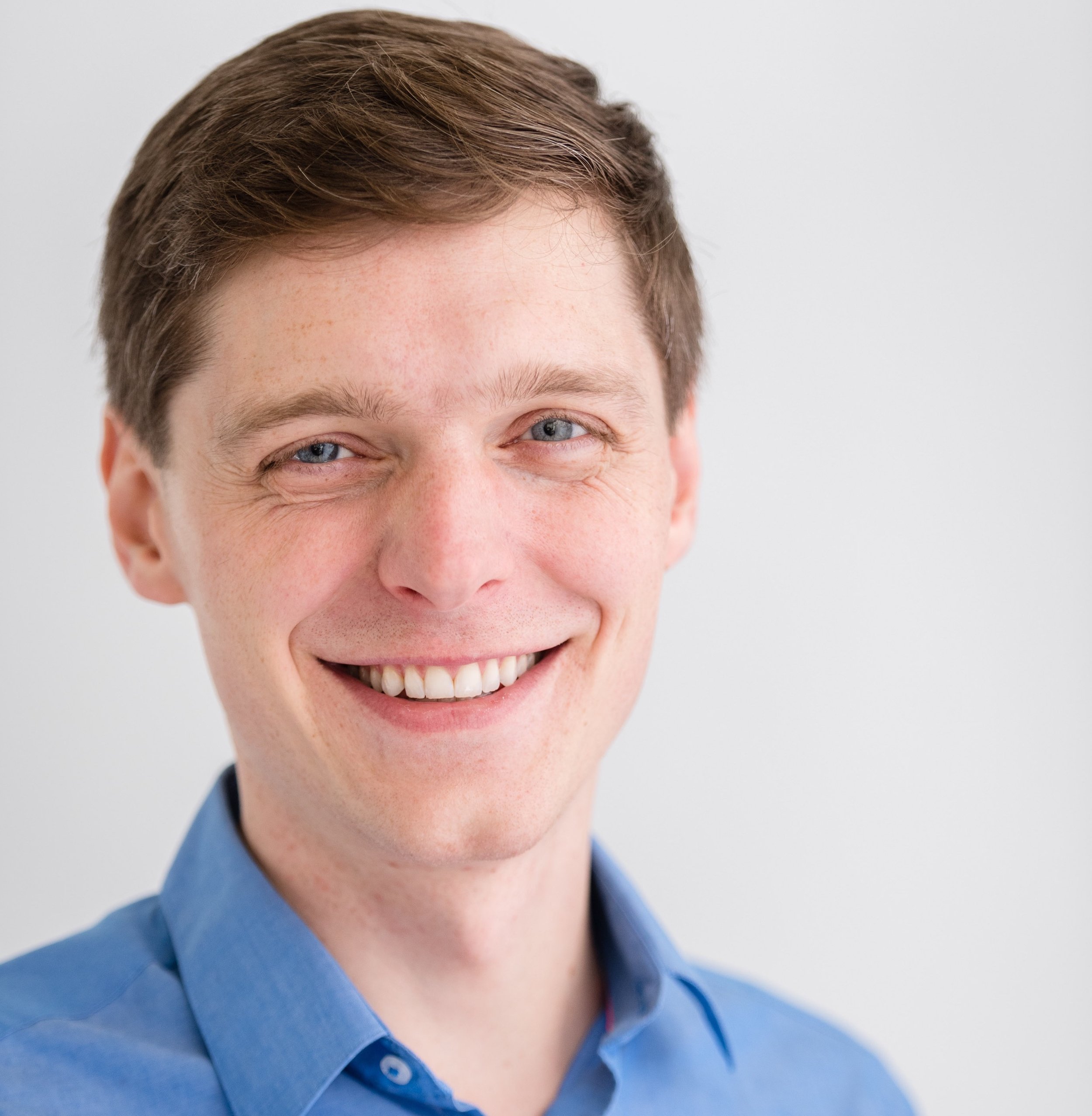
Oliver Hauser
Associate Professor of Economics, University of Exeter
Oliver’s research focuses on the motivations, interventions and institutions needed to help sustain our planet for future generations.
-

Peter Slattery
Research Fellow, BehaviourWorks Australia, Monash University. Co-Founder at Ready Research
Peter’s PhD examined how to use websites to encourage prosocial behaviour. His current research covers a range of topics, including philanthropy, animal welfare and institutional decision-making.
-

Philipp Schönegger
PhD Candidate, St Andrews
Philipp studies pro-social behaviour (with a focus on charitable giving), the psychology of longtermism (with a focus on population ethics), and climate-related behaviours (with a focus on geoengineering), as well as metascience broadly construed.
-

Simon Myers
Research Associate Kent University, Honorary Research Fellow Warwick University (TBC), Research Fellow Warwick Institute for Advanced Study
Simon is a moral psychologist interested in Partner Control and Partner Choice, attitudes towards artificial intelligence, and attitudes towards animal welfare. Also interested in meta-ethics and political psychology.
-
Samantha Kassirer
PhD Candidate in Management & Organizations, Northwestern University's Kellogg School of Management
Samantha studies questions that touch on prosocial behavior and moral psychology. Her main stream of research investigates the psychology of charitable receiving and (effective, longterm) giving, and a second stream of research explores the psychological process of moralization (i.e., how new moral stances develop and evolve). She is also interested in exploring new research related to the psychological experience of suffering, cultural-level moralization, and longtermism.
-

Shiva Pauer
PhD Candidate at University of Amsterdam
Shiva studies the psychological determinants of and barriers to attitudinal and behavioral change related to effective altruism. He employs methods like experience sampling and interventions to investigate in particular moral progress and psychological reactions to risks and uncertainty.
-

Spencer Greenberg
Spark Wave and Clearer Thinking
Spencer conducts research on topics such as decision-making, cognitive biases, mental health, and assessment of personality.
-
Stylianos Syropoulos
Postdoctoral Research Fellow, Boston College
Stylianos researches intergenerational decisions - how people’s decisions today are influenced by the decisions made by past generations, and how we act (or not) on behalf of future generations - and moral and environmental decision making.
-

William H.B. McAuliffe
Senior Research Manager, Rethink Priorities
William's current work involves designing survey experiments on support for animal welfare reforms and the persuasiveness of different messaging strategies.
